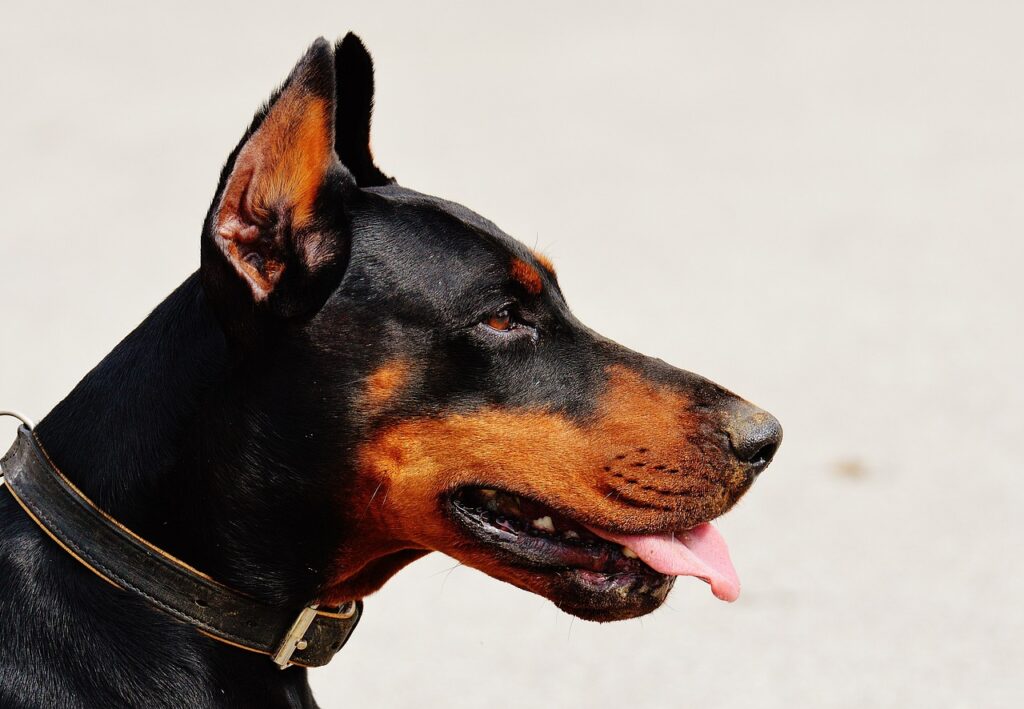Image credit goes to Pixabay
You want your dog to get along with other people and other dogs as a pet owner then this post will is giving way on How to Socialize Your Dog. A dog’s development and ability to behave well in society both benefit from socialization.
These are the things you should know about socialization, regardless of how old your dog is or how recently you got them.
Benefits of Socialization
Educating yourself on how to communicate with dogs, people, and the wider environment can help your pet get ready for a variety of life situations.
It can also teach children how to cope with overwhelming emotions of tension and excitement, and prevent them acting instinctively or aggressively.
Positive Associations
Socialization aims to provide positive associations for dogs.
Playing dogs and puppies is a critical component in preparing them for the adoption floor in many shelters, due to volunteers and staff. That’s because play—sometimes no more complex than fetch—allows dogs to socialize with people in a safe and enjoyable way. Then they’re more likely to be comfortable, at ease, when they meet people outside the shelter.
When Should A Dog be Socialized
Puppies usually start to show interest in new experiences around three weeks of age. When they are 12 to 16 weeks old, they start to comprehend what constitutes typical dog behavior. They also respond better to boundaries that you establish.
How to Socialize your Dog With Other Dogs
Be cautious when it comes to socializing your dog. Although most adult dogs that weren’t properly socialized as early in life may find it uncomfortable to play with other dogs, puppies generally like being with other puppies.
If you take your dog to an area where there are other dogs, it is usually best to keep him near you first, then give him a treat after he remains sitting as another dog goes by. Teaching your dog a few basic obedience commands—”come,” “sit,” and “look at me”—will help defuse any potentially awkward moments with other dogs.
Also, keep young children away from dog parks. They can be rather demanding, and your puppy might have a negative experience that affects them for the rest of their lives. A fantastic substitute for a dog park is to enroll your dog in puppy courses with other dogs of a similar age.
Tips for Socializing
- Present your puppy to the well-mannered, healthy dogs (and other pets and animals) of your friends.
- Make sure your dog interacts with a range of individuals, regardless of their age, gender, race, or ability.
- Show them various materials and items.
- Make your introductions brief.
- As you greet your dog, give it some snacks.
Supervise Play
It can be tempting to step back and let your dog explore on their own. Puppies should, however, always be socialized under supervision. Playing with others might involve reciprocal chasing and wrestling.
If they appear really uptight or nervous, give your dog a ball or take them for a walk. This allows them to focus on something else while they are in each other’s presence.
Attend a Puppy Socialization Class
Through this, the young canines will be able to connect well with people and other dogs in a good and secure manner by attending dog socialization training.
Classes can start as early as when the puppy is eight weeks old, though it is desirable that they should have a vaccination at least seven days prior to commencement of the program.
Good classrooms won’t be anarchic, puppy-run-amok. Rather, trainers in good classes should watch dogs play with one another.
Socializing an Adult Dog
Your adult adopted dog could become nervous around other dogs or people if they were not socialized as puppies. Gradually expose them to the source of their stress at a distance. It’s crucial to comfort your dog during this period (treats can work well) so they can start to associate the event positively.
Walk your dog closer to their trigger after they appear calm, but keep an eye out for warning symptoms of fear, such yawning, lip-licking, panting when not heated, or even dragging and overexcitation.
Also Read : How Often Do Dogs Need to Pee?
Avoid Stressful Interactions
Recall that your dog should enjoy playing with other dogs. It could be wise to end the conversation and engage in some other activities if they show signs of tension.
Your dog will let you know they are not having a good time by tucking their tail, running away, or barking. Take them out of the situation. Forcing kids to deal with stress that is obviously too much for them can have the opposite effect and cause fear.
help share the word if you find help in reading through this guide about How to Socialize Your Dog.

